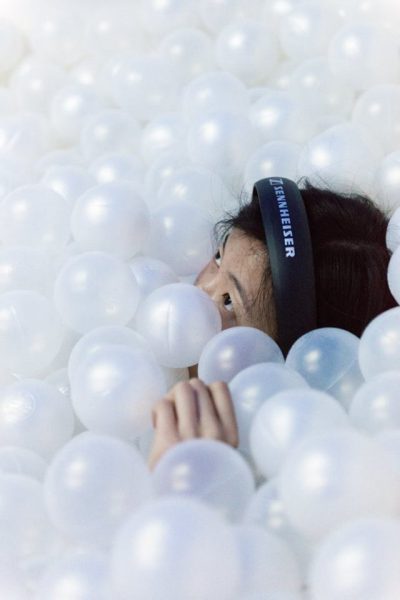You write both fiction and poetry. Can you talk about your approaches to each? Do you prefer writing one over the other?
A couple years ago I read over the poems I’d written and I decided I would never write another. That worked out great for a while. But then I moved to Amsterdam as an exchange student, and all the biking and farmer’s market basil made me foolish, so I wrote one more poem. Then I wrote ten more. These were personal and autobiographical, very different from what I aimed for in previous poems and what I do in my stories. I think I returned to writing poems because I wanted to write about myself, but I also wanted to omit a lot, and poems let me take bigger leaps than fiction. I was navel gazing intently at the time, feeling all the exchange-student feelings – I was homesick but I didn’t know where home was, I was re-evaluating what it meant to be a foreigner, I was excited to reinvent myself, I was already bored with my reinvented self, etc. Poems were a way to keep track.
Even now when I write poems it isn’t because I sat down intending to. I am always trying to write stories, but then I realize I want it to go faster, faster, faster. When I whittle it down so it can race down the page, it’s a poem. I’m starting an MFA in poetry at the Michener Center for Writers this fall, which is wild, considering how much I intended not to write any poetry ever.
Stories, on the other hand, I write very slowly. I read something great, I get jealous, and I have ideas audition themselves in my head for a long while before I get anything down on paper. I revise a lot, even during my first draft. I write from one sentence to the next and if I let a bad sentence take me places, it’ll drop me off at a dead end. Stories are more work than play. But I like work.
You have an international background – born in Korea, raised in the United States. You moved back to Korea in the middle of high school. What was it like to go from the U.S. to Korea at that time?
Pretty terrible. 2/10, would not recommend.
You recently completed your undergraduate degree in Korea and will return to the U.S. to begin an MFA program in the fall. Can you talk about how moving between two cultures informs your writing?
In my MFA applications, I claimed I wrote about surreal, off-kilter worlds in my stories because that’s what America felt like when I moved there as a seven-year-old. (Bold of me to claim I know anything about myself, but let’s roll with it for now.) That’s also what Korea felt like when I moved back ten years later. I knew there was some kind of internal logic to these worlds, but I didn’t know how things worked, and I couldn’t even accurately assess how well I was fitting in – like one of those dreams where you’re at a funeral but you have no idea who died, so you pretend to cry, and someone asks you for a handkerchief, and then you realize you’re naked. I like to inflict that kind of situation on my stubborn protagonists and see how they do.
In my poems, as I mentioned, my Korean/ Korean-American/ American -ness is explicit. My national identity angst is everywhere, like confetti. There’s surrealism in my poems too, but it functions differently – it’s a way out. I lay down all these heavy feelings about culture, family, etc. and then I say “Ok, enough of that, here’s a unicorn.”
What kind of story would you love to find in your queue this week?
I want language that is very bold and very, very careful.


 Included in the price of SmokeLong Fitness:
Included in the price of SmokeLong Fitness: